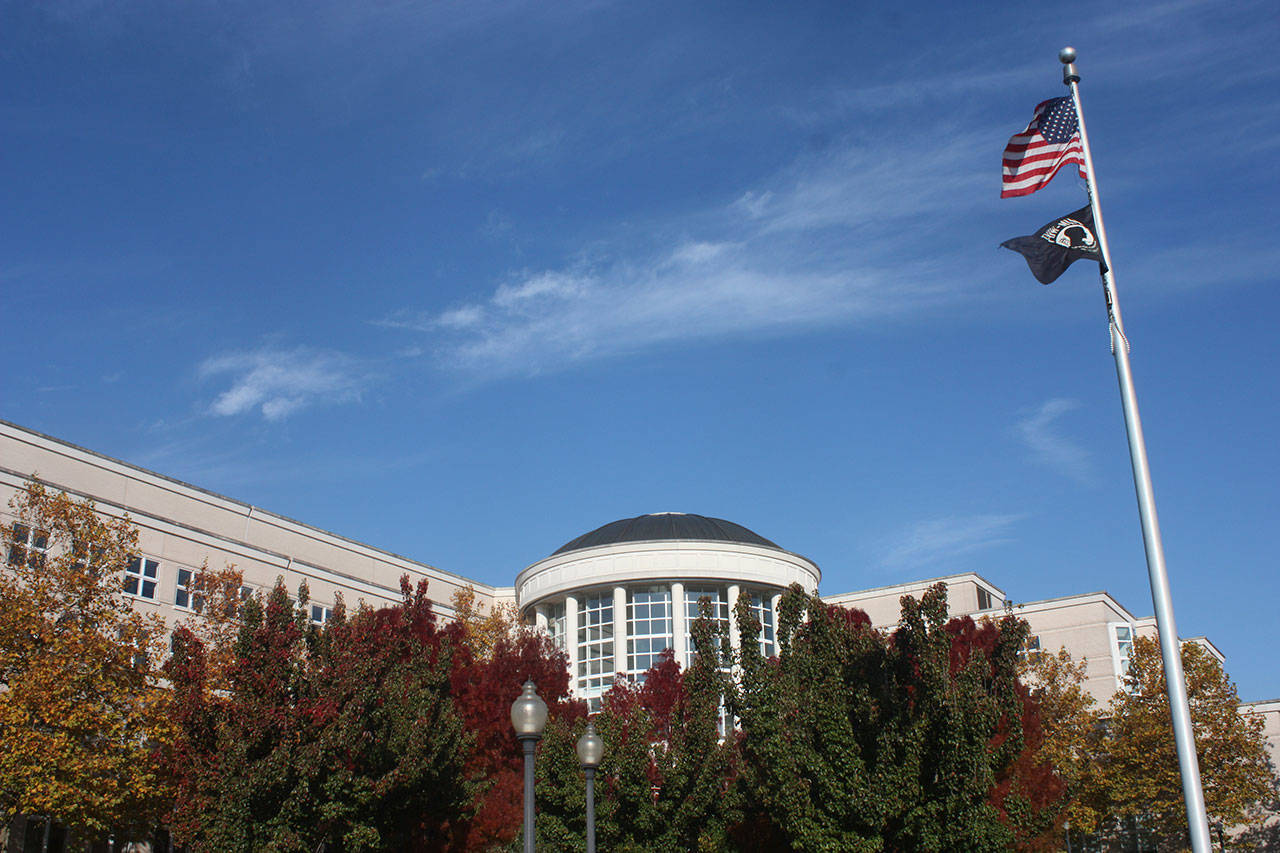For the Reporter
The King County Council on Monday voted to ban solitary confinement for minors in detention.
The legislation also requires the county to provide incarcerated youth with adequate educational resources and the use of detention practices suited for youth and their brain development, regardless of the location where the young person is detained.
“We are working hard to improve our juvenile justice system in King County,” said Council Vice Chair Rod Dembowski. “We know from scientific research that solitary confinement can permanently harm young people so I am pleased that we are now ending this harmful practice.”
Added Councilmember Jeanne Kohl-Welles: “It is my hope that this legislation marks a significant shift in the way we think about and administer justice, especially for minors, at King County. It is our responsibility to make sure all young people in detention have the access and opportunity they need to reach their full potential, such as educational programming required under state law.”
Most youth detained by the county are held at the King County Juvenile Detention Center in Seattle. Some young people who have been charged as adults are housed at the Maleng Regional Justice Center in Kent or, occasionally, at the King County Correctional Facility. Those youth are separated from the adult population at these facilities, but solitary confinement/isolation has also been used for these young offenders where it is not at the Youth Services Center.
The legislation comes in the throes of a recent lawsuit that claimed youth in RJC’s King County jail were being punished harshly for pranks. Columbia Legal Services filed a lawsuit against the county, alleging violations of due process. The details of the suit painted a picture of severe punishment for acting out.
The American Academy of Child and Adolescent Psychiatry has noted that even short periods of isolation often have serious long-term mental health impacts on juveniles, and research shows that solitary confinement does not reduce behavioral incidents and may increase aggressive or violent behavior by youth.
“There is a growing national consensus that placing juveniles is solitary confinement is both unconstitutional and inhumane. Solitary confinement profoundly harms youth and undermines efforts to rehabilitate detained juveniles. The ordinance sends a strong message that this practice should not occur in King County Detention facilities, and we applaud the council for showing strong leadership to protect children,” said Vanessa Hernandez, Youth Policy Director for the ACLU of Washington.
“Placing youth in solitary confinement must stop. It is inconsistent with our community’s belief that rehabilitation, not punishment, is the primary goal of our juvenile justice system,” said Terry Pottmeyer, president and CEO of Friends of Youth. “We wholeheartedly support Councilmember Dembowski’s effort to end the solitary confinement of children in King County.”
The legislation adopted unanimously by the council seeks to implement reforms while ensuring the safety of King County staff working in the detention facilities and the safety of other detainees. It will end the use of solitary confinement/isolation as county policy, reducing its use to instances where, because of safety, security or another reason, a less restrictive option is not available. The legislation also calls for strict monitoring of those youth placed in solitary confinement/isolation and requests the executive engage an independent monitor to report on the implementation of the requirements.


